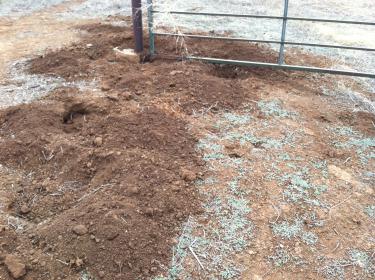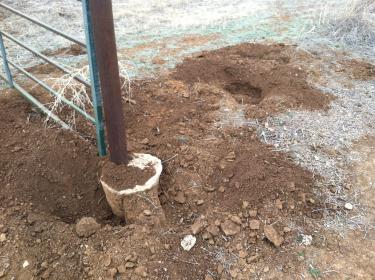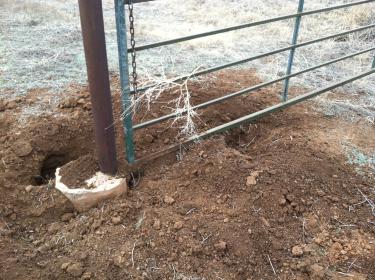Pigs are like cows, hard on equipment. Both species tend to rub things HARD, always itching, so that starts breaking lightly built equipment pretty fast. Neither species has any concept of self preservation, will bash right into stuff or push other animals into things! No big deal!! Tough hides, thick skin and fat layers may be protective.
Not sure if having only 1-2 animals makes them less food aggressive, in not beating on the feeders as seen in large pig feeding lots.
Both cattle and pigs are smarter in many instances that what they are given credit for being. Our cattle were VERY smart, so I worked with them to be cooperative, be easy to handle on a daily basis. Did take time, but sure made it nicer working with them. We only had two at a time, so obviously easier with less to manage.
I have heard lots of pig stories, good and bad. I don’t want one, won’t ever own one, since my dealings with them as a kid were kind of scary. Can’t compare the regular meat breeds with the Heritage breeds for you in ease of handling, ability to keep them contained on GOOD pasture easily, so no help here. Grown pigs are LARGE, powerful, and can be VERY DETERMINED to do whatever it is they want to do. You need to plan for that in building pens, fences, containment areas. Handle the piglets young, teach them what you want them to do while small enough to manage, should make them lots easier to deal with as older pigs. They are very smart, but cooperation is TRAINED in at young ages. An old Farmer Saying around here is “You can’t lead them, you can’t drive them, but SOMETIMES you can lure them into going where you want”. Totally truth, so keep it in mind when handling pigs of any size or breed.




